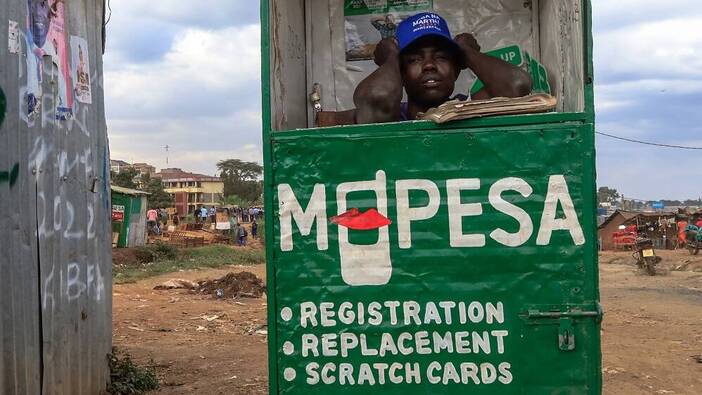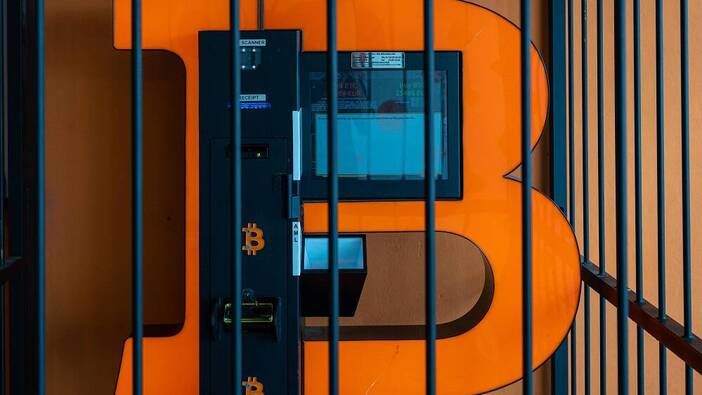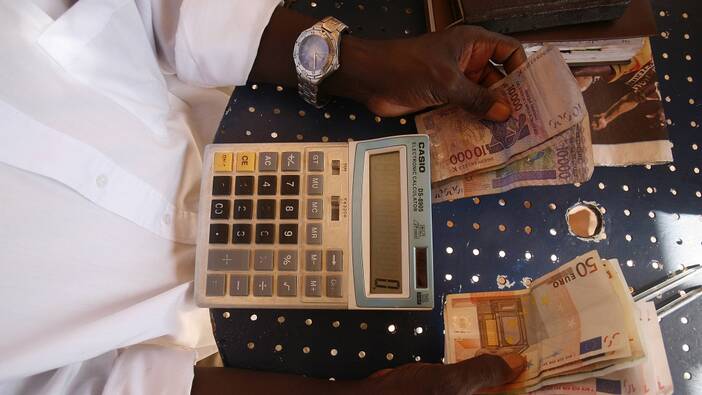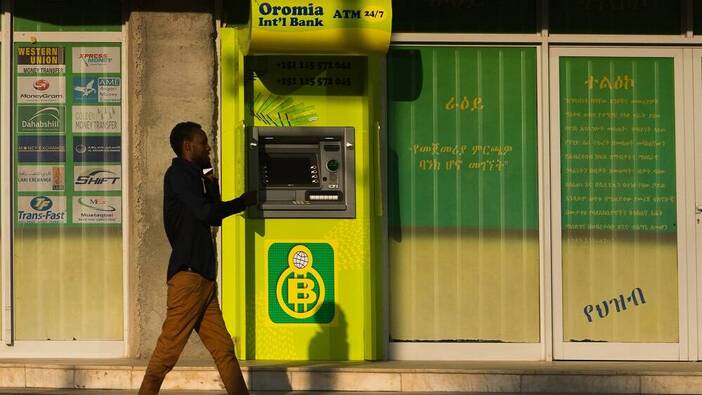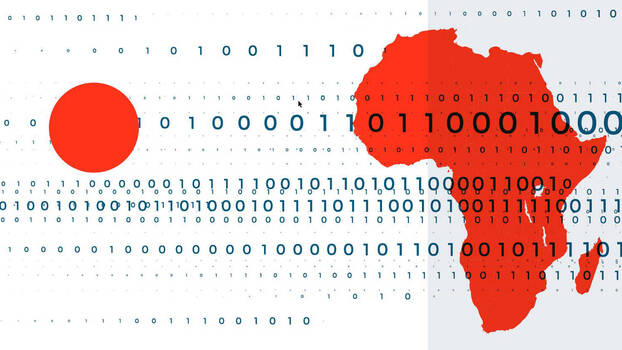
Big Tech corporations like Amazon, Apple, Meta/Facebook, Alphabet/Google, or Alibaba have their sights set on financial markets and so-called “underbanked people”. Big Tech companies work with large datasets, also known as Big Data. Should “Big Data meet Big Finance”, megacorporations with unprecedented market and data power may emerge.
Fabio De Masi is a former MEP and MP for Die Linke, where he was vice chair of the parliamentary group and its spokesperson on financial affairs. He is currently a research fellow with the Financial Innovation Hub of the University of Cape Town in South Africa.
Money is key to so-called “economic development”, i.e. the financing of investment as well as participation in the economy. Large parts of the global population — especially on the African continent and further in the informal sector — are excluded from the traditional banking system because they have no regular income or can hardly build up savings. Financial technology (FinTech) corporations, in turn, promise financial inclusion for “underbanked people”.
When Finance Meets Big Data: Financial Technology and the Scramble for Africa reviews the economics of Big Data in the finance sector and subsequently analyses the role of money for investment and the effects of FinTech companies on the monetary system. The publication then discusses the special role of the FinTech sector in Africa. The FinTech business landscapes of two of the biggest Sub-Saharan FinTech Economies — Kenya and South Africa — is briefly assessed and the role of FinTech in economic betterment and poverty reduction critically reviewed. Finally, the study discusses risks to political and economic sovereignty. The study concludes with some preliminary recommendations of political strategies to counter the overconcentration of data and financial power.
In Sub-Saharan Africa, FinTech platforms such as M-Pesa capitalize on millions of unbanked people in the informal sector. While many multilateral organizations embrace development through corporate-led financial inclusion, some economists criticize value extraction from poor communities by FinTech corporations through high interest rates and service fees (“digital colonialism”).
The study finds that basic phone banking has facilitated financial access for the unbanked population in Kenya. However, M-Pesa is still highly concentrated on urban areas and extracts exorbitant fees from poor people. Mobile money finances consumer debt rather than sustaining investment into the productive capacity of previously unbanked people. In South Africa, digital banking has advanced but likewise with little impact on investment.
African countries should strengthen data protection and public ownership in the telecommunications sector, as well as enforce antitrust legislation and regulate FinTech to at least the same extent as the banks. Another option could be to tax local data mining. Further, cash payments for smaller amounts should be protected and Central Bank Digital Currencies (CBDC) considered as a means of offering financial technology as a public good.

